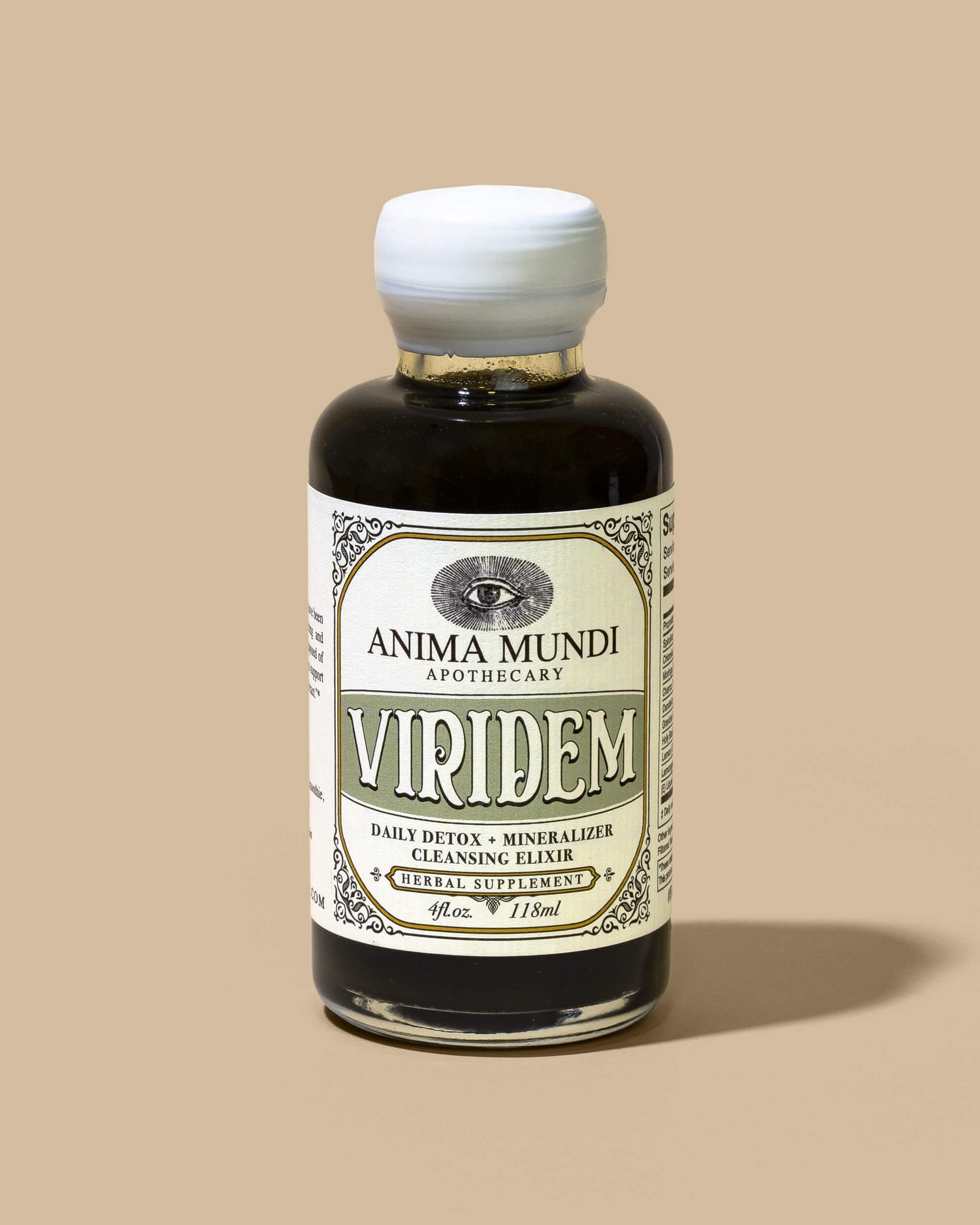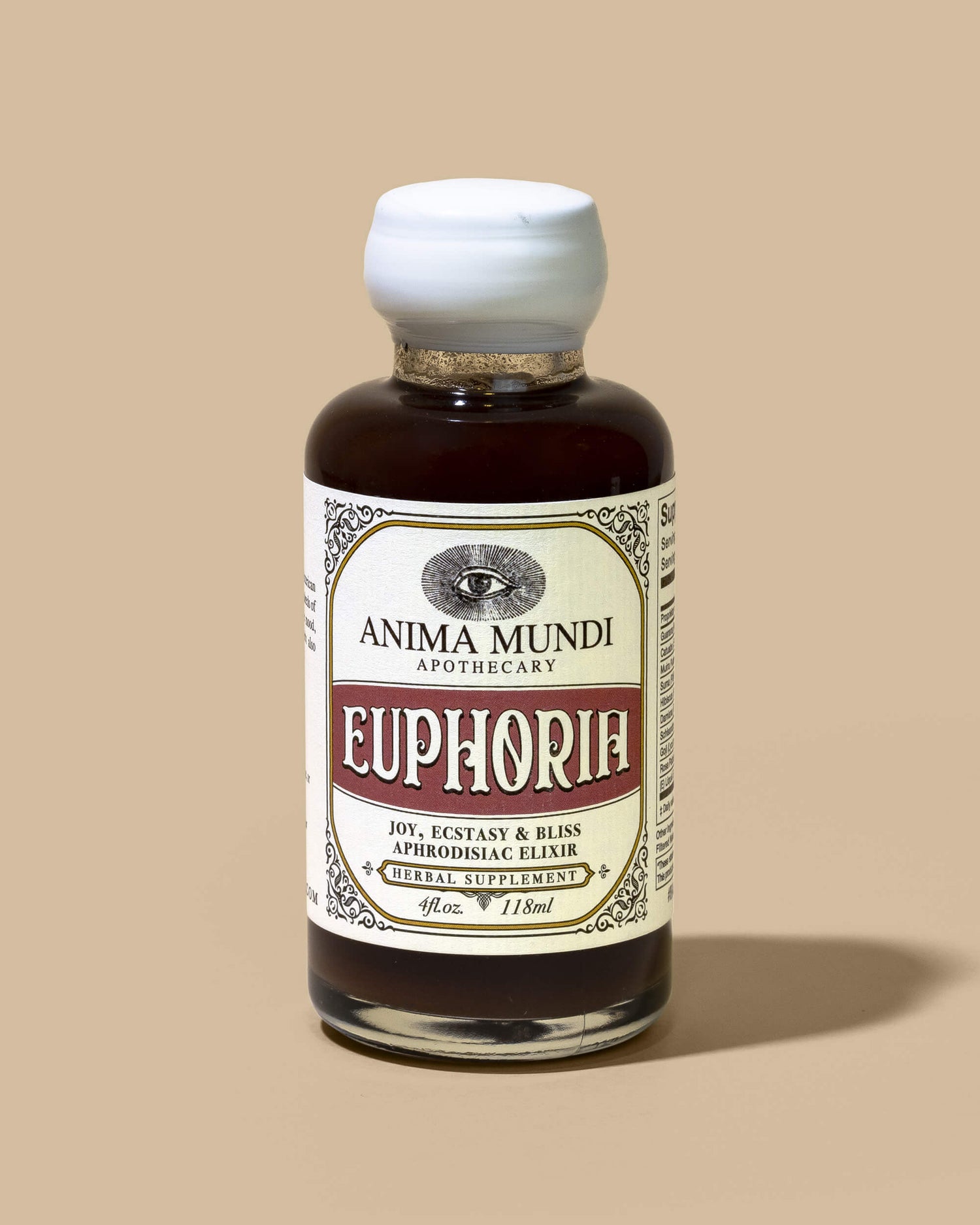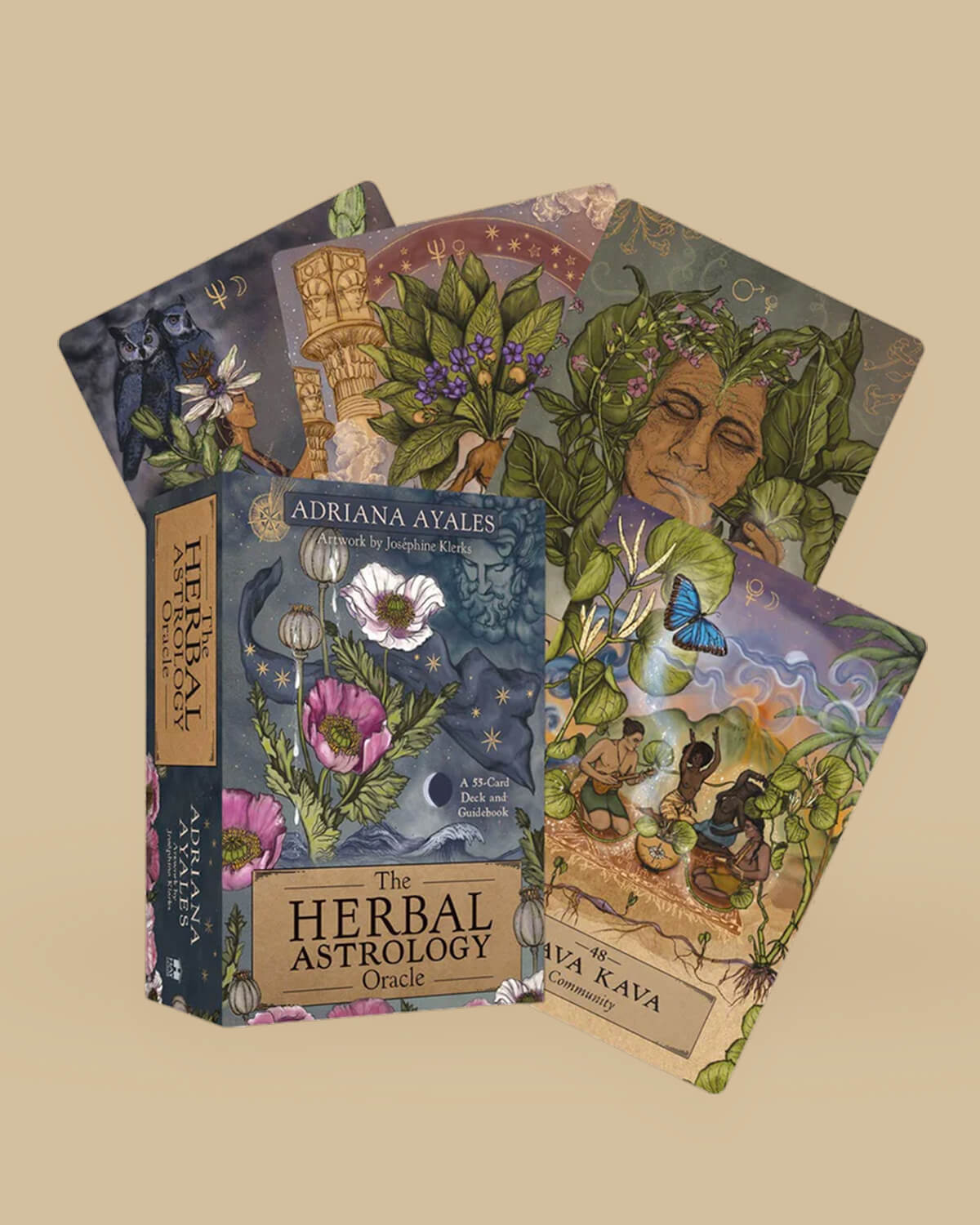A little history on Neptune
While sketching the moons of Jupiter with his newly discovered telescope, Galileo twice drew Neptune, which happened to be in conjunction with Jupiter in early 1613. It’s usually said that Galileo mistook Neptune for a star because of its slow movement. Neptune was then “officially" discovered when telescopes came around by mathematician John Couch Adams in 1846.
It takes Neptune 165 years to complete its whirl around the zodiac, spending roughly 14 years at each sign. It is feminine energy and rules Pisces and the Twelfth House. Neptune is known as the higher octave of Venus and is the second of the transcendental planets. The planet was named after the Roman god of the oceans; the same as the Greek God Poseidon.
Key Elements to Neptune’s Archetype
Dreams, the dream world, visions, the emotional body (alongside the Moon), illusion, art, brings beauty (venus) to a higher, more spiritual level, the queen of cups, the ocean, and metaphorically the oceanic consciousness.

MEDICAL ASTROLOGY
Neptune is said to rule:
the pineal, the pituitary, the hypothalamus (in conjunction with Uranus), the lymbic system (the center for our feelings and emotions), the kidneys and the urinary system, perception.
The Pineal Gland + Hormones
Since the discovery of Neptune, many medical astrologers have debated which planet reigns endocrine function. Considering Neptune has been often attributed to the visionary world, that of healers and psychics, the third eye and pituitary gland fall under Neptune’s umbrella. The the endocrine system is a critical gateway joining physical function with spiritual experience. This system also includes important glands, such as: the hypothalamus, thyroid, parathyroid, adrenals, pancreas, and ovaries/testes.
These glands particularly use hormones as their fuel (archetypally, hormones due to their “watery” nature, are associated to Moon + Neptune) — rather than the electrical impulses (ruled by Uranus) used by the nervous system, to effect changes in our body, emotions, cognition, and energy. Hormones are chemical messengers that circulate through the body via the bloodstream and coordinate critical body-mind functions.

Sacred Anatomy
“The pineal gland is located in the center of the brain, behind and above the pituitary gland. Because the pineal is bathed in highly charged cerebrospinal fluid (CSF) and has more blood flow per cubic volume than any other organ, it may well be the gland with the highest concentration of energy in the body. In addition to its high concentrations of CSF and blood, the pineal gland is also the dominant source of the body’s melatonin.” (Mantak Chia)
The amount of melatonin in the body directly affects our mood, and our quality of sleep. Melatonin is often correlated as a stress reducing agent because it both suppresses cortisol and is a powerful antioxidant. Not to mention that just the plain fact of getting enough deep sleep makes anyone very happy. The natural production of melatonin by the pineal gland is activated by darkness, and inhibited by light. (Much like Neptune) This precious chemical messenger thrives when in balance, helping us achieve our body’s natural circadian rhythm. When melatonin levels are disrupted, people can experience chaos, erratic behavior, depression and seasonal disorders.
The Kidneys, according to Chinese Medicine
“The Kidneys are the root of Yin and Yang, regulating endocrine response throughout the kidneys. They also regulate water by maintaining the optimal balance of intracellular and extracellular fluid and elimination of fluid waste through the urine. Another vital function of the kidneys is calcium metabolism, and the maintenance of the bones." (Michael Tierra)
Individuals who lack personal motivation, or inspiration, or a sense of will power has a Water imbalance (also associated to a Neptunian imbalance in the chart). A constant state of confusion, unable to make decisions, and lost in other people’s worlds, identifying with other people’s persona vs their own, is also a Neptunian, and Piscean, imbalance. In Chinese Medicine, the Kidneys are the doorways to our primal Essence, the seat of our Spirit.
Herbs of Neptune
The herbs of Neptune are feminine and moist. They’re directly associated to swampy herbs, like the Blue Lotus, or Water Lillies, known for their deep spiritual histories, embodying the spiritual journey in all souls. Neptunian herbs help open our imagination and to our dreams. In TCM, the health of the kidneys are reflected in a variety of ways, like the vitality of head hair, He Shou Wu, a classic one used for hair strengthening. Visionary herbs that assist dreamwork, like Kalea Sacatechichi, and Silene Capensis, and the more feminine herbs that assist in the spiritual journey, like Ayahuasca.
Simple Ways to Activate the Pineal Gland:
- Breathwork - It doesn’t matter if you know yogic practices or not, it boils down to taking a few minutes of slow and deep breaths, this helps clear the channels. Various breath practices move the pumps, activating the pineal and pituitary glands as well as stimulating the flow of cerebrospinal fluid.
- Dreamwork - Practicing lucid dreaming has been studied to significantly reduce cortisol, and scientifically proven to help with PTSD. Incorporate some dream practices at night to help focus the intuitive mind, assisting the body in excreting melatonin and accusing a deep meditative state (look into different meditation practices for sleep like yoga nidra)
- Herbal Tonics - Herbs that open the gateways of the pineal gland assist the body in entering into a calm and higher vibrational state. This soothes the nervous system, and eliminates excess energy, allowing the body to receive subtle and etheric nourishment.
all right, lets talk HERBS:
~ favorites ~
Adaptogenic:
He Shou Wu, Eleuthero.
Nervines:
Passionflower, Cannabis, Hemp.
Kidney Tonics:
Chanca Piedra, Gravel Root, Marshmallow, Horsetail (also Saturn).
Third Eye / Dream Herbs:
Blue Lotus and all Lotus, Lily of the Nile, Kalea Sacatechichi, Silene Capensis, Mugwort.
Culinary / Food:
Peaches, Pear, Strawberry.
Visionary:
Ayahuasca, Mescal, Opium Poppies, Peyote, Psilocybin.
<< Herbal Offerings of the week >>
limited edition
















